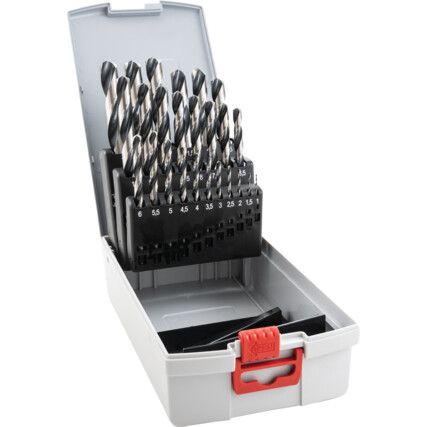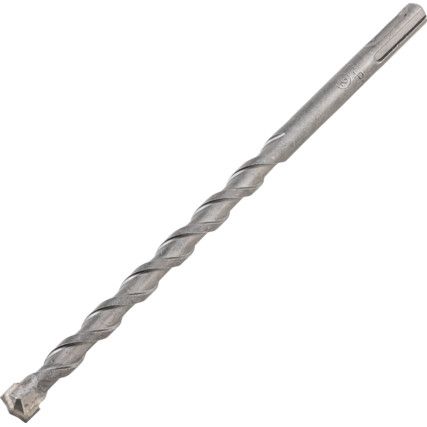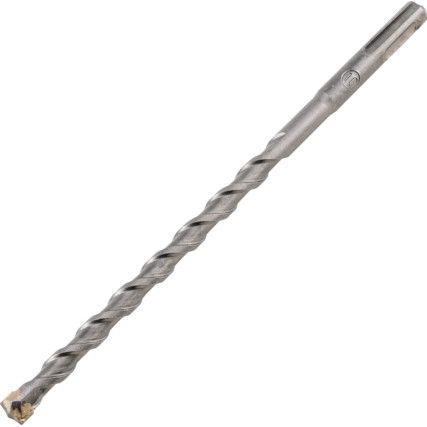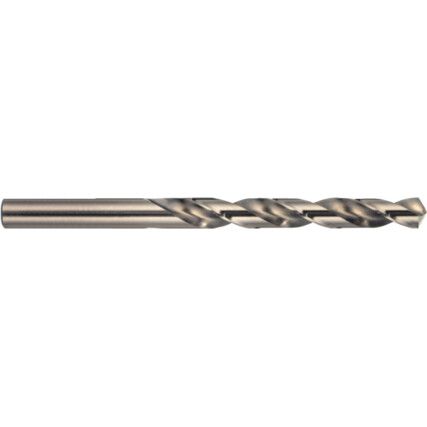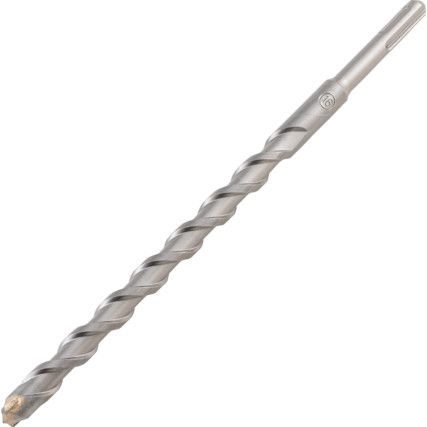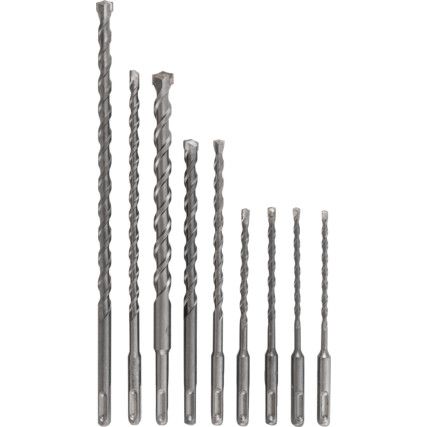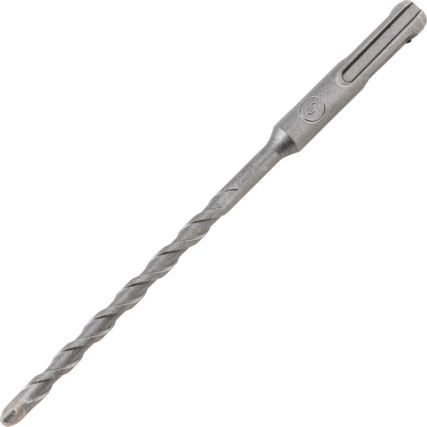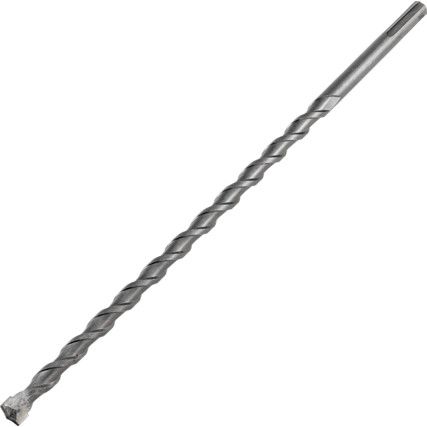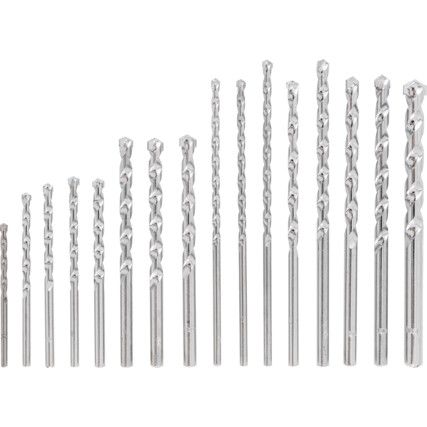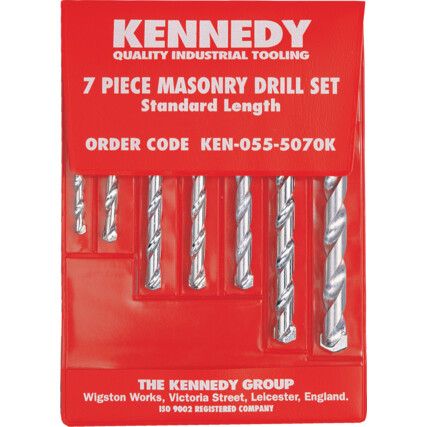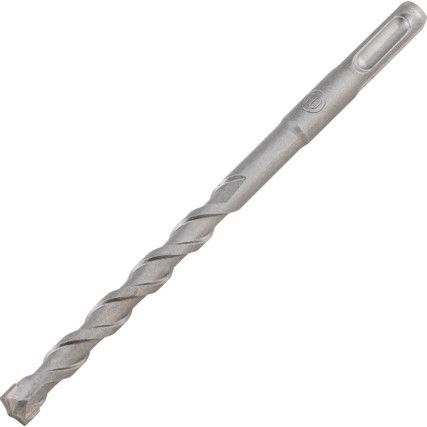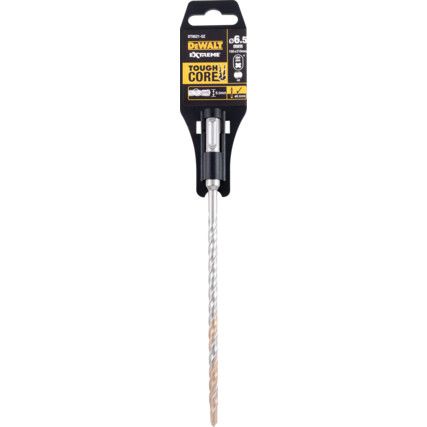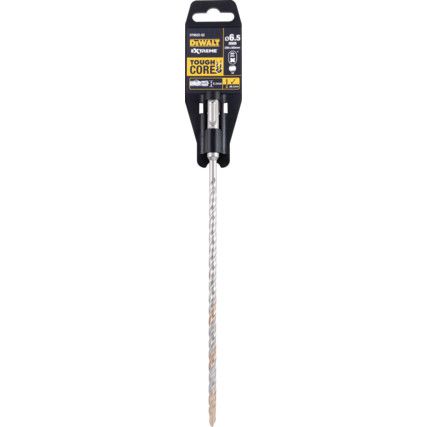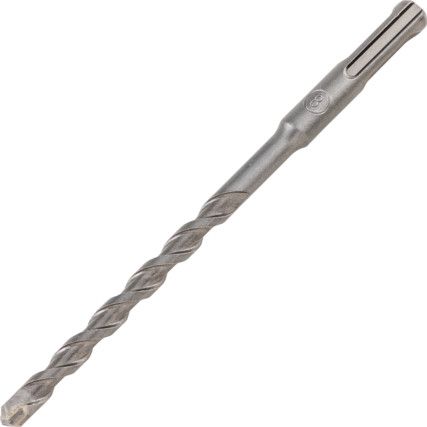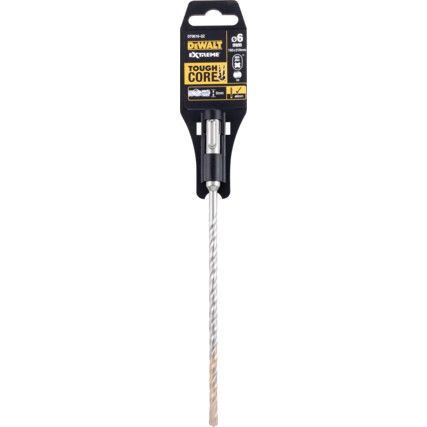Masonry Drill Bits
Drill bits come in all shapes and sizes and at Cromwell we have a wide range of individual masonry drill bits and masonry drill sets of all types and materials to aid you with what ever project you're undertaking. With big names in power tools like Bosch, DeWalt and Kobe along side our own quality brand Kennedy, you'll be sure to find the right tooling to get the job done.
What are drill bits?
Drill bits are in essence the cutting tool used to drill holes. They slot into to chuck and are secured in place. Once loaded into the drill they rotate to cut through the material and bore the hole. They come in various types, each designed for specific applications, although some common types like twist drills can be used for more than one. They are commonly made of high-speed steel, although other compounds can be used such as carbide for use with harder materials.
Why drill bits?
Drill bits are a quick and efficient way to put holes into workpieces or surfaces. They are interchangeable with your power tool so you can adjust size and type easily and quickly without holding up the job. Some specialised drill bits like tile drills are specifically designed to cut holes in hard materials like tiles without cracking their brittle exterior.
When to use drill bits?
Drill bits are used the world over with hobbyists and professionals all using them to complete projects across almost all sectors.
Types of drill bits
• Twist drills - Twist drills are the most common types of drill. They are sometimes referred to as high-speed bits. Their flutes design allows the removal of stock from the workpiece whilst drilling.
• Masonry drills - These closely resemble twist drills, but the tip has an extra cutting face designed to cope with the hardness of cutting through tough materials like brick and stone. Because of the materials they are used with they tend to wear out quicker than standard drills but make up for it with their extra cutting power when working with these materials.
• Brad point drills - These are designed for making clean and precise holes in surfaces. They are particularly popular in woodworking applications as they come with rubber stoppers that can be used to set the drill depth.
• Auger drills - These drill bits produce clean and precise holes. They are particularly useful when working with dry wood of thickness, as the tip of the drill resembles a screw allowing the initial cut to be made more easily.
• Countersink drills - These are mostly used to pilot holes into workpieces (usually wood) they leave a recess that allows fasteners like screws to sit flush to the surface for a more precise finish.
• Metal drills - These are designed for drilling holes in metal and feature a robust construction, usually titanium or titanium coated.
• Hammer drills - A heavier duty version of a masonry drill bit. These drill bits feature a "hammerlike" cutting tip designed for powering through concrete to make precise cuts.
• Tile drills - These feature a carbide tip to allow the precise cutting of tiles and ceramics, without cracking them.
Considerations when choosing a drill bit
• Bit material - Drill bits are made from various compounds each having its advantages and disadvantages. Below are some of the most common materials used in drill making along with the types of materials they are used to cut.
• High-speed steel - The most common type of material that drills are made from. Both hard wearing and durable high-speed steel can be used to cut a range of materials from wood, plastic, and soft metals. It is usually comprised of a carbon steel base with chrome vanadium additives.
• Cobalt - These can be an alloy form mixed with HSS or another cobalt alloy. They are tough and can cut through hard materials like stainless steel, whilst withstanding the heat generated.
• Carbide tipped - Usually used to cut through tough materials like masonry and concrete, carbide tipped drills feature as their name suggests, a carbide tip. Carbide is extremely hard, but expensive, so a carbide tipped drill bit is a cost-effective solution to a solid carbide bit.
• Solid carbide - These are used when cutting through hard materials. The entire bit is made from carbide meaning it retains its sharpness when drilling through hard materials. The downside of carbide other than cost is their brittleness. Dropping them can be a costly mistake.
• PPE - Drilling is a dangerous pursuit as debris can easily fly out of surfaces at a rate of knots and cause serious injury. Not only that but drill bits themselves are sharp and pointed. Ensure thy you wear adequate eye protection and gloves as well as strong footwear like safety boots. Drilling into masonry can create a fair amount of dust particles in the air, a dust mask should be worn to avoid inhaling particles that could cause breathing problems.
• Size - The size of the drill bit determines the size of the hole you are going to make in the workpiece. Ensure that the size matches the size of the fastener you are going to use.
Drill bits jargon buster
Here at Cromwell, we want to help you to make a confident purchasing decision. For that reason we've outlined some key terms so you can better understand our range.
What does SDS mean and what are the benefits of this design?
SDS stands for Slotted Drive System. This type of drill bit has a unique shaft design that allows you to drill into tough materials such as concrete or bricks. The shaft allows for an upwards movement, similar to that of a hammer drill. SDS drill bits are therefore not suited for ordinary drills.
FAQs
Will drill bits fit any drill?
Most drill bits are compatible with most power drills. Also most branded bits are interchangeable with drills from other manufacturers as long as the size is compatible with the chuck.
Do I need to replace drill bits?
Drill bits inevitably wear down over time, with proper maintenance their lifespan can be prolonged but eventually with continued usage the cutting surfaces dull and they will need replacing. It is important to not that you should not use damaged bits as doing this could cause further damage to the drill bit, the drill itself or cause a serous injury.
